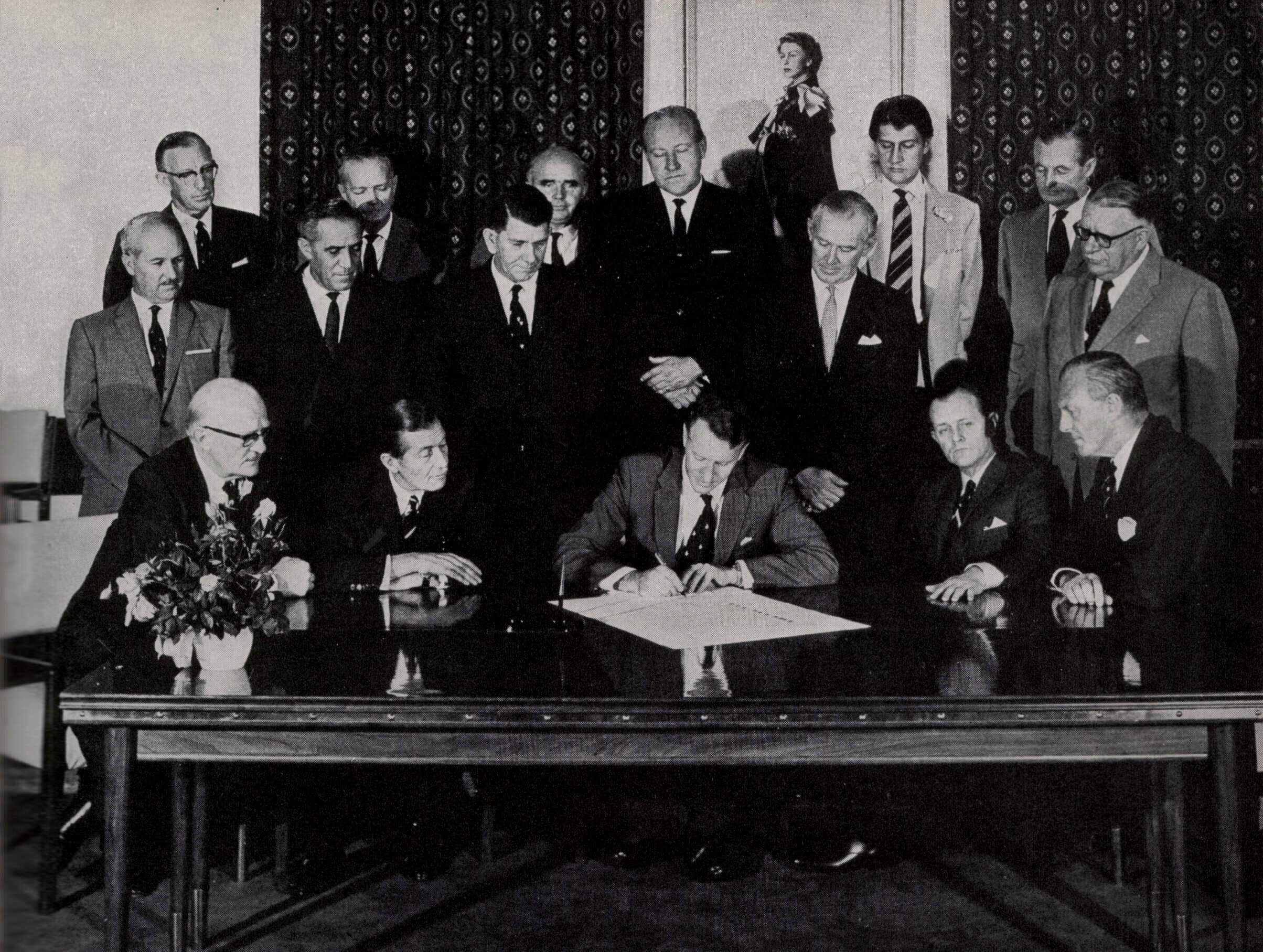- White minority government’s desire to maintain power: The white minority government of Rhodesia, led by Ian Smith, was determined to maintain white minority rule and prevent black majority rule, even as the British government pressured them to move towards majority rule. The white minority government was determined to maintain its hold on power and prevent black majority rule, which was a key issue in the run-up to the declaration of independence.
- Economic concerns: The white minority government feared that if they allowed the black majority to rule, it would lead to economic instability and harm the country’s economy. The white minority government feared that allowing the black majority rule would lead to economic instability and harm the country’s economy. This fear was based on the belief that black Africans were not capable of managing the economy effectively.
- Fear of communism: The white minority government feared that allowing black majority rule would spread communism in the country and the region. The white minority government was afraid that allowing black majority rule would lead to the spread of communism in the country and the region. This fear was partly driven by Cold War tensions and the belief that the Soviet Union was attempting to gain influence in Africa.
- Land ownership: The white minority government wanted to maintain control over the country’s land and prevent it from being redistributed to black farmers.The white minority government wanted to maintain control over the country’s land and prevent it from being redistributed to black farmers. Land ownership was a key issue in Rhodesia, and the white minority government was determined to maintain its control over the country’s resources.
- Political pressure: The white minority government was under political pressure from white settlers in Rhodesia who did not want to give up their privileged societal position. The white minority government was under political pressure from white settlers in Rhodesia who did not want to give up their privileged societal position. Many white settlers opposed the idea of black majority rule and supported the government’s efforts to maintain its power.
- International isolation: The white minority government feared international isolation if they allowed black majority rule, and therefore believed that a unilateral declaration of independence was necessary to maintain their position. The white minority government feared international isolation if they allowed black majority rule, and therefore believed that a unilateral declaration of independence was necessary to maintain their position. The international community was putting pressure on Rhodesia to move towards majority rule, and the government believed that a unilateral declaration of independence was the only way to avoid this pressure.



